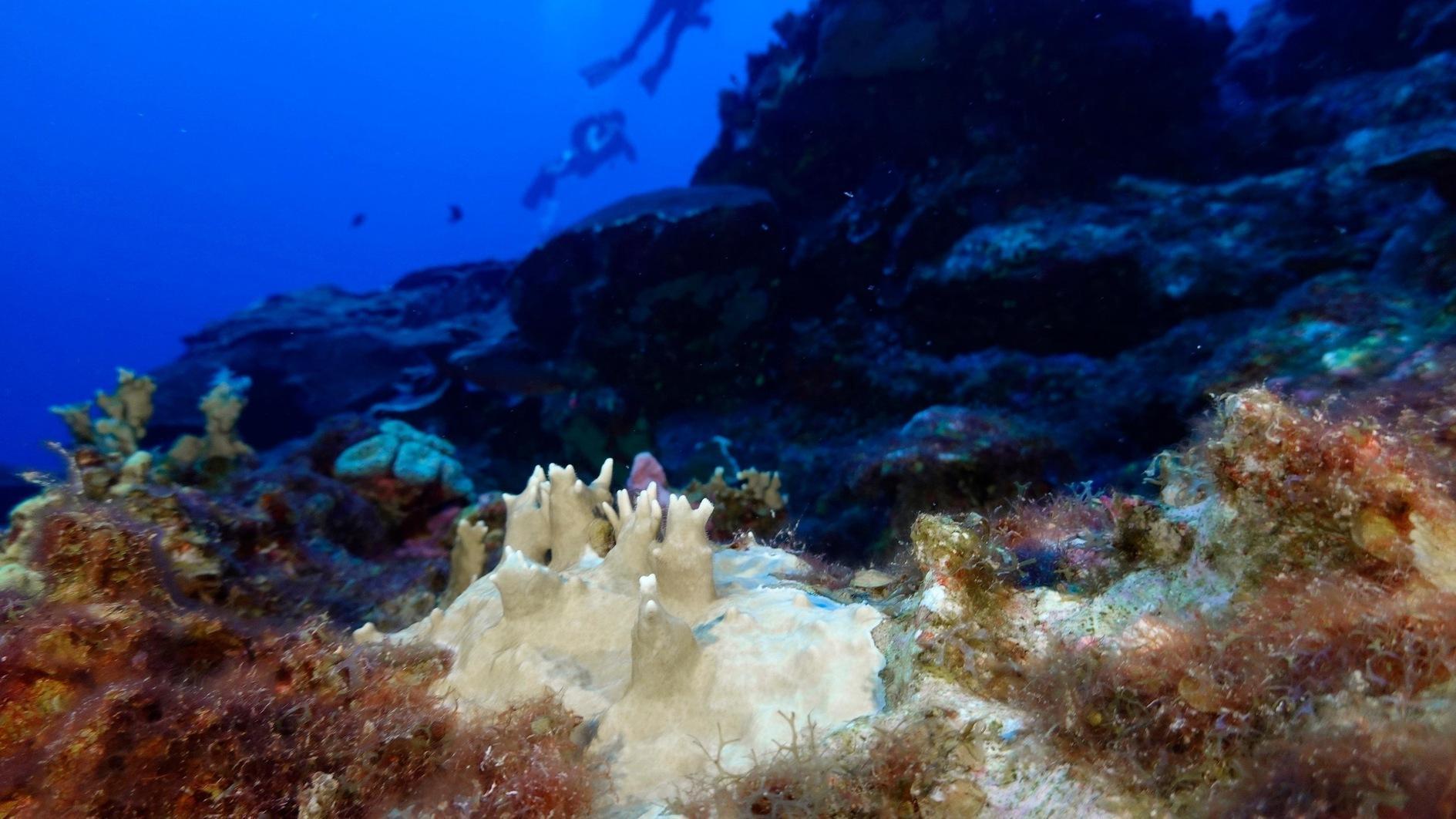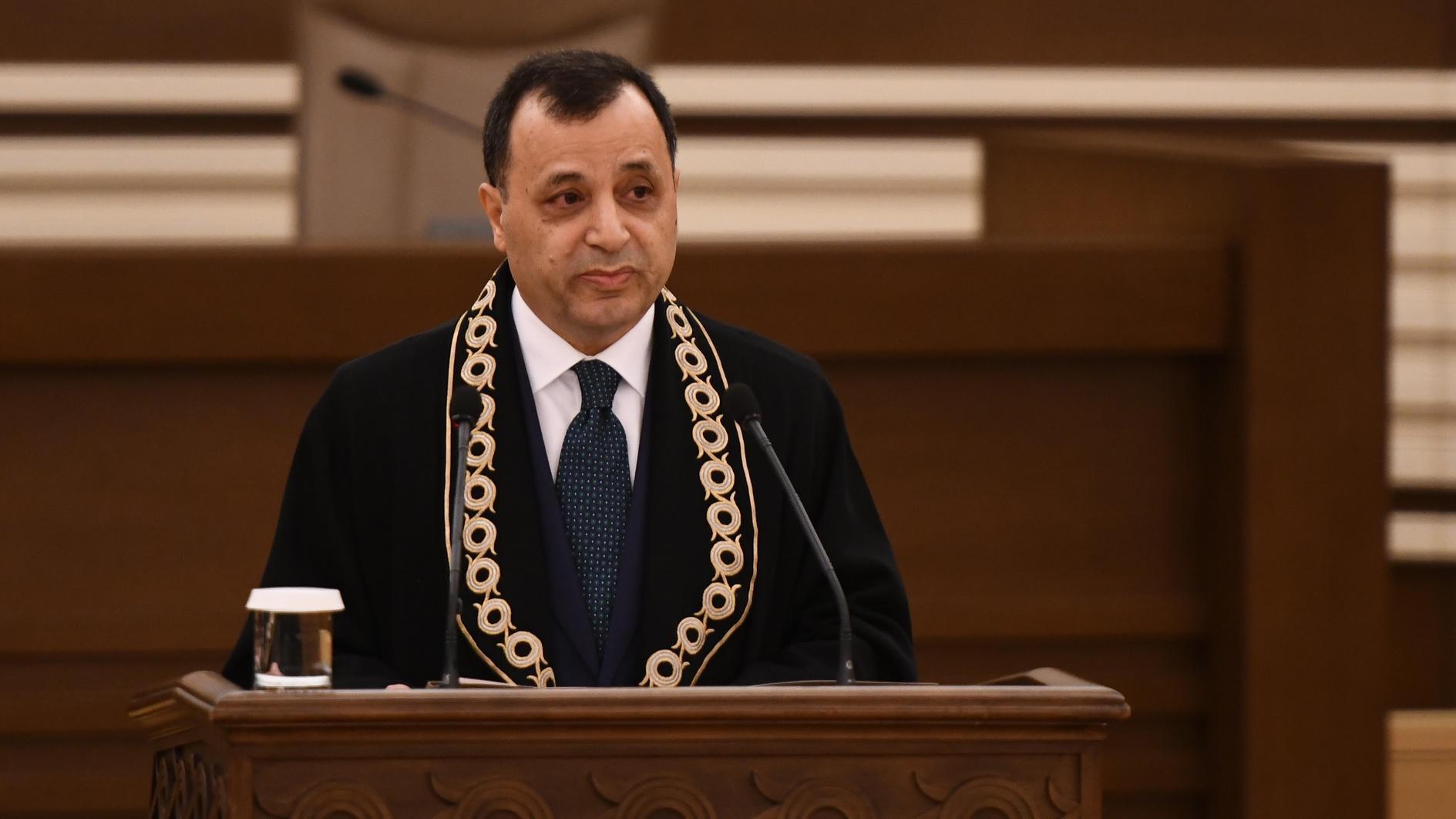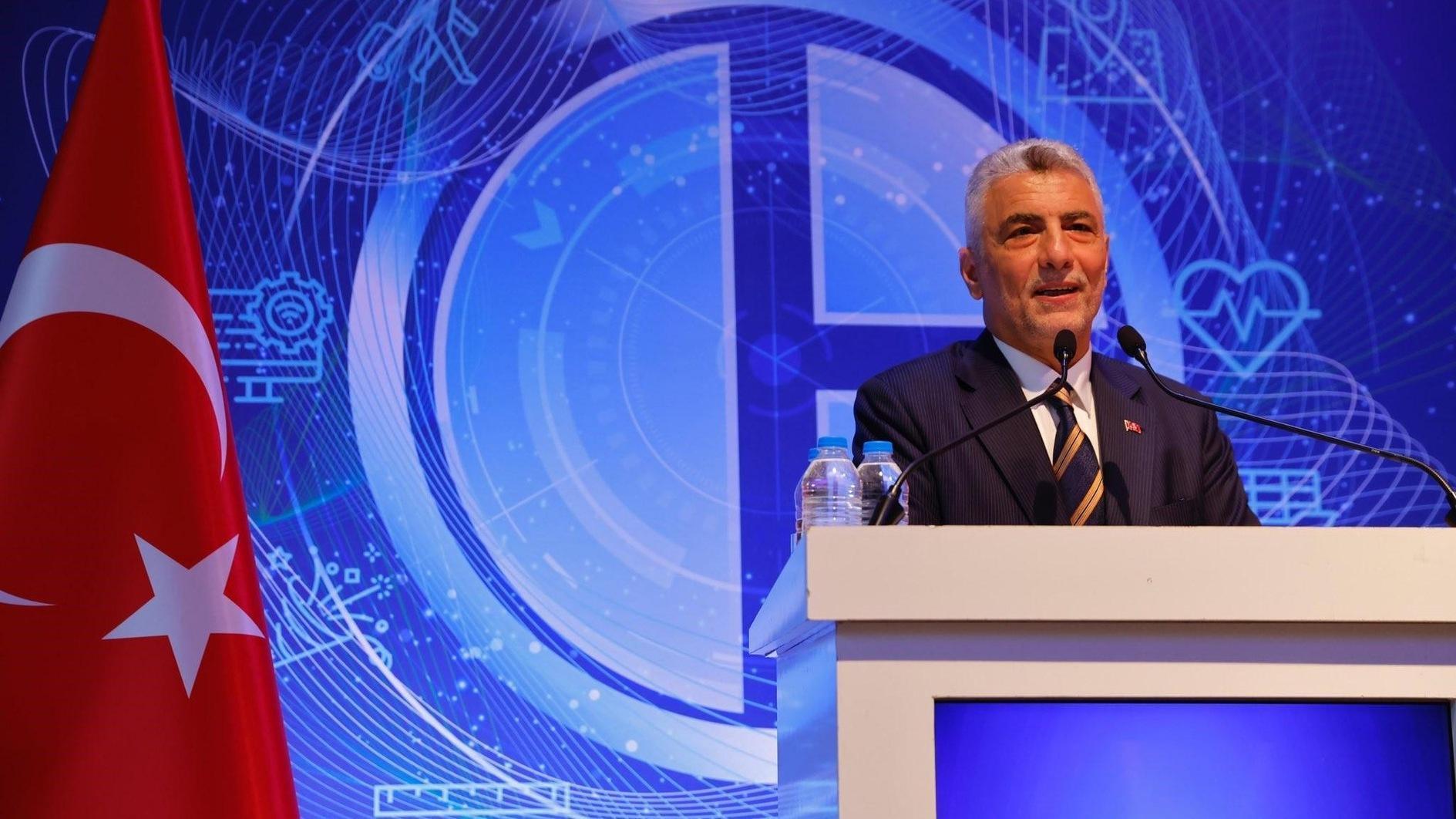When is it free to assemble in Turkey?
Another young man, Ahmet Atakan, 22, lost his life during a demonstration on Sept. 9 in Antakya, near Turkey’s border with Syria.
There are conflicting reports about his death. The first examination of his body in the hospital that he was first taken to and lost his life in showed that he died due to blunt trauma to the head from a hard object. There are witnesses saying that the object was a tear gas canister that police used in order to disperse the crowd. However, the government’s Forensic Medicine Institute in neighboring Adana says Atakan’s death was due to a fall from on high.
In any case, if there had been no strong police intervention against the protest, it is possible that there would have been no jostling, confusion and perhaps no death of a young person.
Atakan is the sixth young man to die in demonstrations where there has been a strong police intervention since the end of May, when the Gezi protests first started.
The reason for the demonstration in Antakya was not about Gezi, though. It was in support of the protests in Ankara by the students of the Middle East Technical University (ODTÜ) against a plan by Ankara Mayor Melih Gökçek to construct a highway passing through the university campus. The rector of ODTÜ, Ahmet Acar, says they had agreed with the municipality on a route to be cleared by the Ministry of Environment and other government offices, but the mayor insisted on his route and started the construction without waiting for any approval.
Gökçek has a confrontational history with ODTÜ and has lost a couple of cases against the university, which is not only one of the best-quality universities in Turkey, but is also renowned for its tradition of not easily accepting anything imposed on it by the authorities.
Now after Antakya, calls have been made by civil society groups that took part in the summer's Gezi protests to assemble in many other cities, including Istanbul, in support of ODTÜ. When the recent record and government encouragement of that record is considered, it would be a surprise if the police do not use force, tear gas and water cannon to disperse them.
In the Turkish Constitution, freedom of assembly is a right. However, like many former governments, the ruling Justice and Development Party (AK Parti) government wants to bind authorization to the permission of local authorities, and only permits them in certain (usually far from central) areas, if at all. If the subject is critical of Prime Minister Tayyip Erdoğan’s policies - whether internal, foreign, or economic - it is not easy for a Turkish citizen to fully enjoy freedom of assembly; of course, that is when we are talking about non-violent assembly.
However, there are some examples showing that Turkish citizens can enjoy freedom of assembly in some circumstances. If the demonstration is in support of any government policy - domestic or foreign - say, to protest the coup in Egypt, or the atrocities of the Baath regime in Syria, or the oppression of Palestinians by Israel, Turkish citizens can not only enjoy the right to free assembly, but also enjoy a free ride and free food and drinks, usually provided by AK Parti municipalities or businessmen close to them.
This is not a befitting picture for the Turkish government, which accuses Western governments (often rightfully) about having double standards in similar cases. Turkish people have the right to enjoy the freedom of non-violent assembly, regardless of whether it is in line with the government or not.











